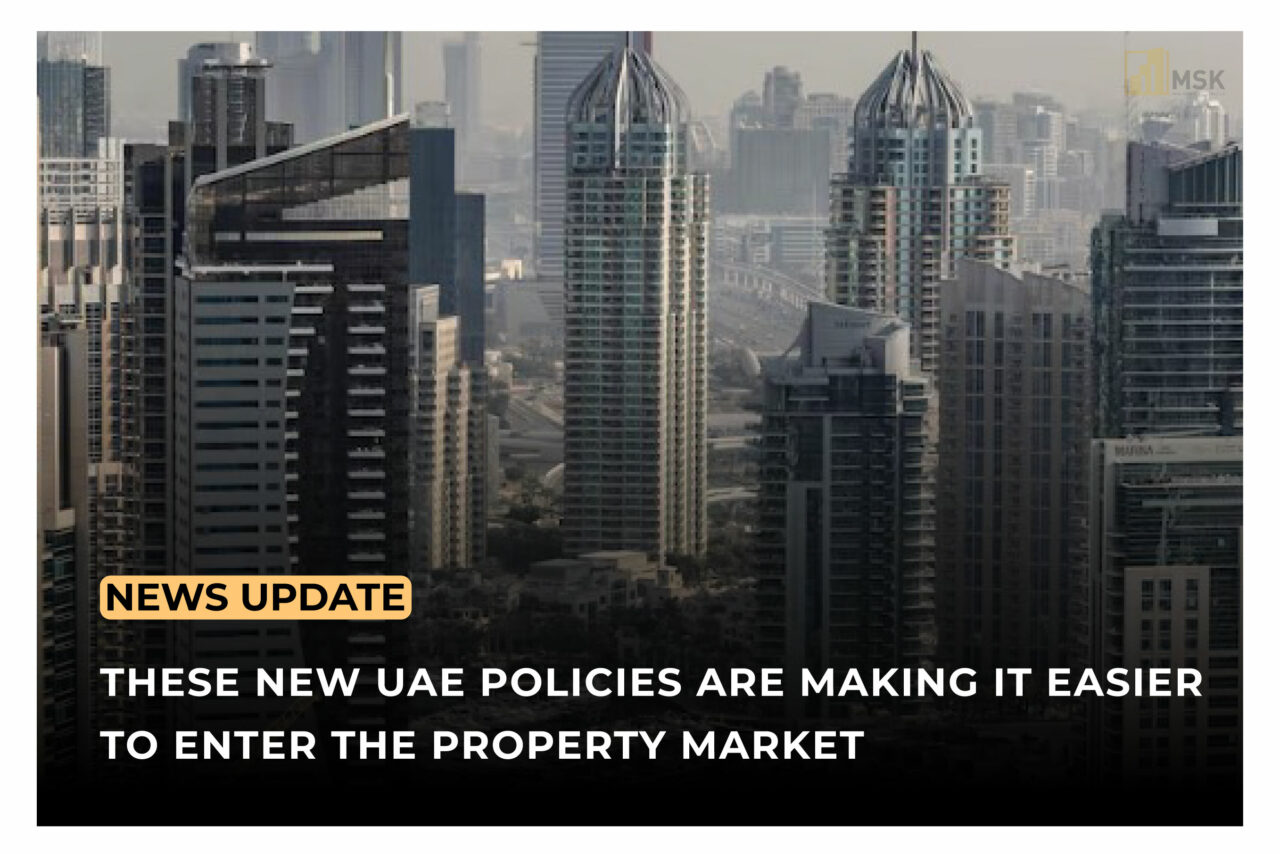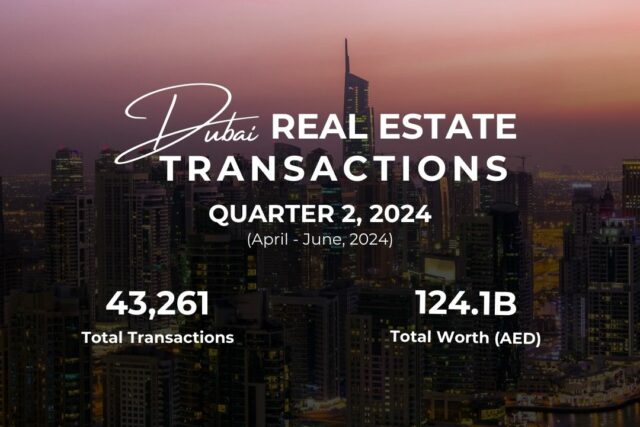
The UAE property market policies are undergoing a major transformation with the introduction of new regulations that enhance transparency, attract investors, and make property ownership easier. Recent updates include freehold property status for Sheikh Zayed Road and Al Jaddaf, a smart rental index, and changes to mortgage financing rules.
With Dubai recording AED 761 billion in real estate transactions in 2023, a 20% increase from 2022, these policies are expected to further boost investment opportunities and reshape the country’s property market. In this blog, we’ll explore these recent policy changes and their impact on homebuyers, investors, and real estate developers.
1. Smart Rental Index: Improving Market Transparency
What Is the Smart Rental Index?
The Dubai Land Department (DLD) introduced a smart rental index on January 2, 2024, to standardize rental pricing and classify residential buildings.
Key Features of the Smart Rental Index
- Ratings from 1 to 5 stars based on over 60 factors such as:
- Location
- Sustainability and security
- Building age and amenities
- More transparency for tenants and landlords in rental pricing.
How This Benefits the UAE Property Market
- For tenants: Easier to compare rental prices and choose properties.
- For landlords: Encourages higher property standards for better ratings.
- For investors: Helps evaluate rental income potential in different areas.
Impact: More structured and transparent rental pricing, making Dubai’s real estate market more competitive.
2. Freehold Property Ownership on Sheikh Zayed Road & Al Jaddaf
What Has Changed?
On January 19, 2024, the Dubai government allowed all nationalities to convert properties in Sheikh Zayed Road and Al Jaddaf to freehold status.
Key Details
- 457 plots eligible for conversion:
- 128 plots on Sheikh Zayed Road (Trade Centre to Dubai Canal).
- 329 plots in Al Jaddaf.
- Previously, ownership was limited to 99-year leasehold.
How This Benefits the Market
- Encourages foreign investment by allowing full ownership.
- Boosts property values and encourages redevelopment.
- Attracts high-end developers to modernize older buildings.
Impact: More investment opportunities and a stronger property market in prime locations.
3. UAE Central Bank’s New Mortgage Policy: Higher Upfront Costs for Buyers
What Is the New Rule?
From February 1, 2024, the UAE Central Bank has stopped banks from financing Dubai Land Department (DLD) fees and real estate broker fees.
Key Changes
- Buyers must now pay 4% DLD registration fee and 2% agent commission upfront.
- 20%-30% down payment remains unchanged.
Impact on Homebuyers & the Market
- Higher upfront costs may reduce mortgage approvals.
- Increased cash buyers in the real estate market.
- Potential dip in mortgage lending in the short term.
Impact: Short-term challenges for small investors but a more stable and sustainable mortgage market.
4. Abu Dhabi’s Residential Rental Index: A Game-Changer for the Capital
What Is the Rental Index?
In August 2023, Abu Dhabi launched its first residential rental index, providing indicative rental values for different areas.
How It Helps the Market
- For tenants: Ensures fair pricing and transparency.
- For landlords: Helps set competitive rental rates.
- For investors: Offers insights into rental income potential.
Impact: A structured rental market that benefits both landlords and tenants.
5. Etihad Rail’s High-Speed Train: A Catalyst for Real Estate Growth
New Abu Dhabi-Dubai Rail Service
Announced in January 2024, the high-speed train will cut travel time between Abu Dhabi and Dubai to just 30 minutes.
Impact on Real Estate
- Higher demand for properties near railway stations.
- More affordable housing options for commuters.
- Boost in short-term rentals and Airbnb properties.
Impact: Rising property values along the railway corridor.
The Future of UAE’s Real Estate Market
With the introduction of these UAE property market policies, the real estate sector is becoming more transparent, investor-friendly, and sustainable. The smart rental index, freehold property ownership, and new mortgage regulations are driving long-term stability while Etihad Rail’s connectivity improvements are increasing property demand.
While some investors may face higher upfront costs, the overall impact of these policies is positive—ensuring a balanced and growth-driven real estate market.
Looking to invest in UAE real estate? Now is the perfect time!




Leave a Reply